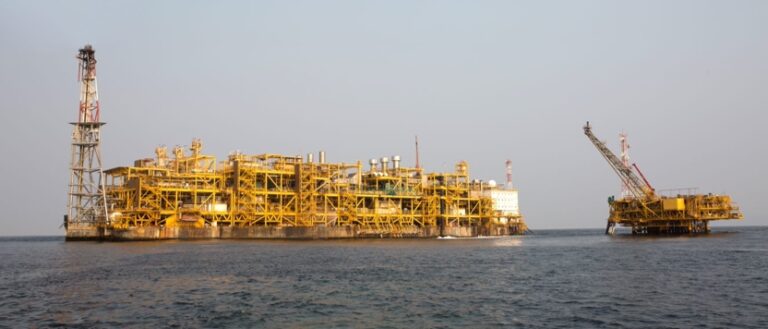
Trident Energy’s deal with Chevron will see the UK player acquire the entire issued share capital of Chevron Overseas (Congo) Limited, which holds a 31.5% non-operated working interest in the Moho-Bilondo, Nkossa, Nsoko II fields, and a 15.75% operated interest in the Lianzi field.
Aside from the deal with the U.S. energy giant, Trident has signed agreements with TotalEnergies to not only get an additional 53.5% working interest in the Nkossa and Nsoko II fields but also divest a 10% stake in the Moho-Bilondo field to the French oil major. This is anticipated to be wrapped up by the end of 4Q 2024, subject to approval from the relevant authorities.
Jean-Michel Jacoulot, Chief Executive of Trident Energy ML, commented: “We are delighted to announce the signing of these transactions and enter the Republic of Congo. We look forward to working with our new partners, SNPC and the Congolese government. This deal represents an exciting new chapter in Trident Energy’s growth story and strengthens our presence and capabilities in Africa.”
Once these acquisitions have been completed, the UK player will take over the operator helm and hold an 85% working interest in the Nkossa and Nsoko II fields and a 15.75% working interest in the Lianzi field. In addition, Trident will retain a 21.5% stake in the Moho–Bilondo field, operated by TotalEnergies.
“The transaction aligns with our strategy to acquire and operate high quality assets in a safe, efficient and responsible manner. Building on our continued successes in Equatorial Guinea and Brazil, we are excited to unlock further value and create opportunities for our partners in the Republic of Congo, host communities and all our stakeholders,” added Jacoulot.
While confirming that its 85%-owned affiliate, TotalEnergies EP Congo, agreed with Trident Energy to combine the acquisition of an additional 10% interest in the Moho license and the sale of its 53.5% stake in the Nkossa and Nsoko II licenses, the French energy giant explained that its subsidiary would hold a 63.5% operated interest in the Moho license alongside Trident Energy (21.5%) and the Société Nationale des Pétroles du Congo (SNPC, 15%), upon completion.
On the other hand, Trident Energy will hold an 85% operated interest in the Nkossa and Nsoko II licenses alongside SNPC (15%). Located 70 kilometers off the coast, the Nkossa and Nsoko II are two offshore fields that came online in 1996 and 2006, respectively. These mature oil fields currently produce a combined 15 kboe/d, according to TotalEnergies.
Located 80 kilometers off the coast of Pointe Noire, Moho is a deep offshore field where production increased significantly in 2017 with the startup of the Moho Nord project. The field’s production facilities include two floating production units (FPU), Alima and Likouf, with a total current output of around 100 kboe/d (100%).
Mike Sangster, Senior Vice President Africa, Exploration and Production at TotalEnergies, highlighted: “With these transactions, TotalEnergies continues to dynamically manage its portfolio. In line with our strategy, we focus on low cost, low emission assets, and leverage our deep offshore expertise.
“As a long-term partner of the Republic of Congo, TotalEnergies remains fully committed to the country through our increased stake and operatorship in Moho field, and is preparing for the drilling of an exploration well on the Marine XX license before summer 2024.”
The French energy giant is currently working on multiple developments around the globe, including a recently sanctioned LNG project in Oman, which combines fossil fuel production with renewable energy generation, enabling LNG and solar to tie the knot.Trident Energy is also busy with the development of projects in its portfolio. To this end, the firm recently booked a drillship from Noble Corporation to resume its infill drilling campaign in another African country, which was put on hold after the rig contract with Island Drilling was terminated, citing safety concerns.
Source:https://www.offshore-energy.biz
